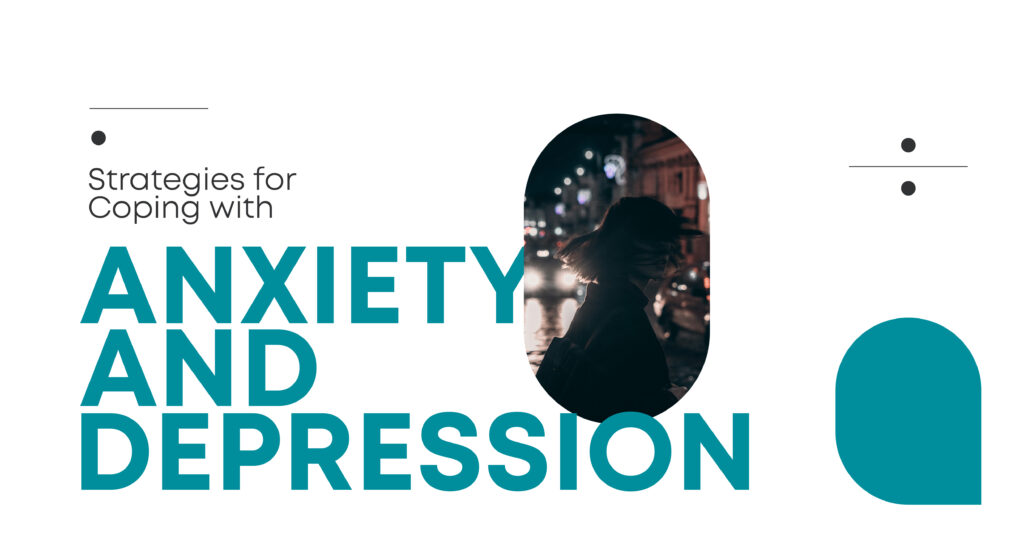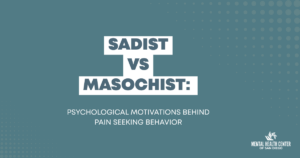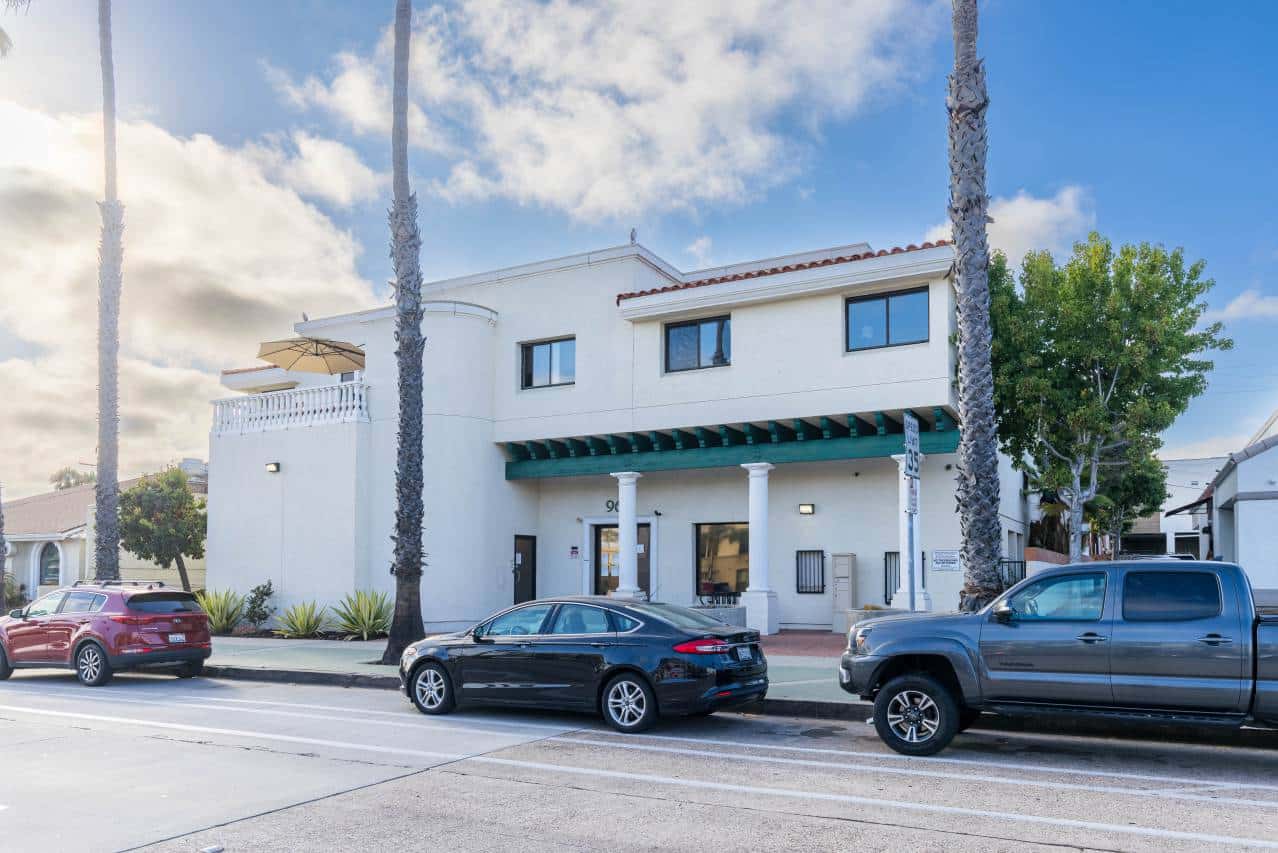Anxiety and depression are prevalent mental health conditions affecting millions globally, including a significant number in California. The recent times have underscored the importance of addressing these conditions, particularly in a state grappling with various stressors from economic fluctuations to natural disasters. This comprehensive guide explores strategies to manage and mitigate the symptoms of depression and feelings of anxiety effectively.
Understanding Anxiety and Depression
Before diving into strategies, it’s essential to differentiate between types of anxiety disorders and depression. Anxiety typically involves intense, excessive, and persistent worry and feelings of fear about everyday situations. Depression, on the other hand, is characterized by persistent feeling of sadness, depressed mood, loss of interest in activities, and a range of emotional and physical symptoms that can impair everyday activities.
Mental Health Center of San Diego
Strategies for Coping with Anxiety
- Practice Mindfulness and Meditation
Mindfulness and meditation help in grounding your thoughts and bringing your focus to the present moment. These relaxation techniques such as deep breathing, progressive muscle relaxation, and Square breathing techniques can reduce anxiety symptoms by promoting relaxation and decreasing stress levels. - Stay Physically Active
Regular physical activity can significantly reduce feelings of anxiety. Exercise releases endorphins, which are natural mood lifters. Activities like walking, running, yoga, and even dancing can help manage anxiety disorders effectively. Experts suggest creating a consistent exercise routine as part of your treatment plan for managing anxiety. - Limit Caffeine and Alcohol Intake
Caffeine and alcohol can exacerbate anxiety symptoms. Reducing intake of these substances can help stabilize your mood and reduce anxious feelings. Opt for herbal teas and other non-caffeinated beverages instead. - Develop Healthy Sleep Habits
Sleep is crucial for physical health and mental well-being. Establish a regular sleep routine, create a restful environment, and avoid screens before bedtime to improve sleep quality. Poor sleep can heighten mental health challenges, so prioritizing good sleep hygiene is essential. Sleep disturbances, such as hours of sleep and irregular sleep patterns, are often warning signs of worsening anxiety and depression. - Engage in Cognitive Behavioral Therapy (CBT)
CBT is a highly effective psychological treatment for anxiety. It involves identifying and challenging negative thought patterns and developing healthier, more constructive thoughts and behaviors. Consider seeking a mental health provider trained in CBT for structured guidance.
Strategies for Coping with Depression
- Set Achievable Goals
Break down large tasks into smaller, manageable steps. Accomplishing these smaller goals can provide a sense of achievement and help boost your self-esteem, which is particularly beneficial during major depression. - Maintain a Routine
A daily routine helps provide structure and purpose, combating the sense of chaos and hopelessness that often accompanies depression. Schedule your day with regular activities, including meals, exercise, and relaxation times. This can also help with managing stressful situations and depression worse. - Eat a Balanced Diet
Nutrition plays a vital role in mental health. A balanced diet rich in foods rich in fruits, vegetables, lean proteins, and whole grains can improve mood and energy levels. Avoid processed foods and sugar, which can contribute to sudden feelings of mood swings and energy crashes. - Connect with Others
Social support is crucial in managing depression. Stay connected with family and friends, join support groups, or participate in community activities. Sharing your feelings and experiences with others can provide emotional relief and reduce feelings of isolation. Engaging in social activities or even spending time with friends can greatly improve emotional well-being. - Seek Professional Help
If depression symptoms persist or worsen, it’s important to seek help from a registered health care professional. Therapists can offer various treatments, including treatments for depression like interpersonal therapy, antidepressant medications, or a combination of both, tailored to your specific needs.
Integrating Coping Strategies into Daily Life
Mental Health Center of San Diego
Proactive Use of Coping Skills
Coping skills should be integrated into your daily routine proactively. By practicing these strategies regularly, you can build resilience and better manage stressors as they arise. This proactive approach helps in maintaining overall mental well-being and preventing the onset of severe mental health disorders.
Coping with Triggers
When facing specific triggers or challenging situations, apply your coping strategies to regain control and restore emotional balance. Techniques like grounding exercises and mindfulness can be particularly effective during stressful event or physical reactions such as rapid heartbeat or sweaty palms.
Special Considerations for California
California, with its unique blend of stressors such as wildfires, economic challenges, and social dynamics, has seen a rising need for effective treatments for anxiety and mental health conditions. It’s crucial for residents to be aware of local resources, including support groups, community centers, and mental health services that cater specifically to these regional stressors.
Mental Health Center of San Diego
Conclusion
Coping with anxiety disorders and depressive disorder involves a multifaceted approach tailored to individual needs. Incorporating mindfulness, regular aerobic activity, healthy sleep, and professional help are key strategies. In California, leveraging local resources and staying connected with the community can provide additional support. Remember, it’s essential to seek help and employ these strategies consistently for optimal mental health management.














